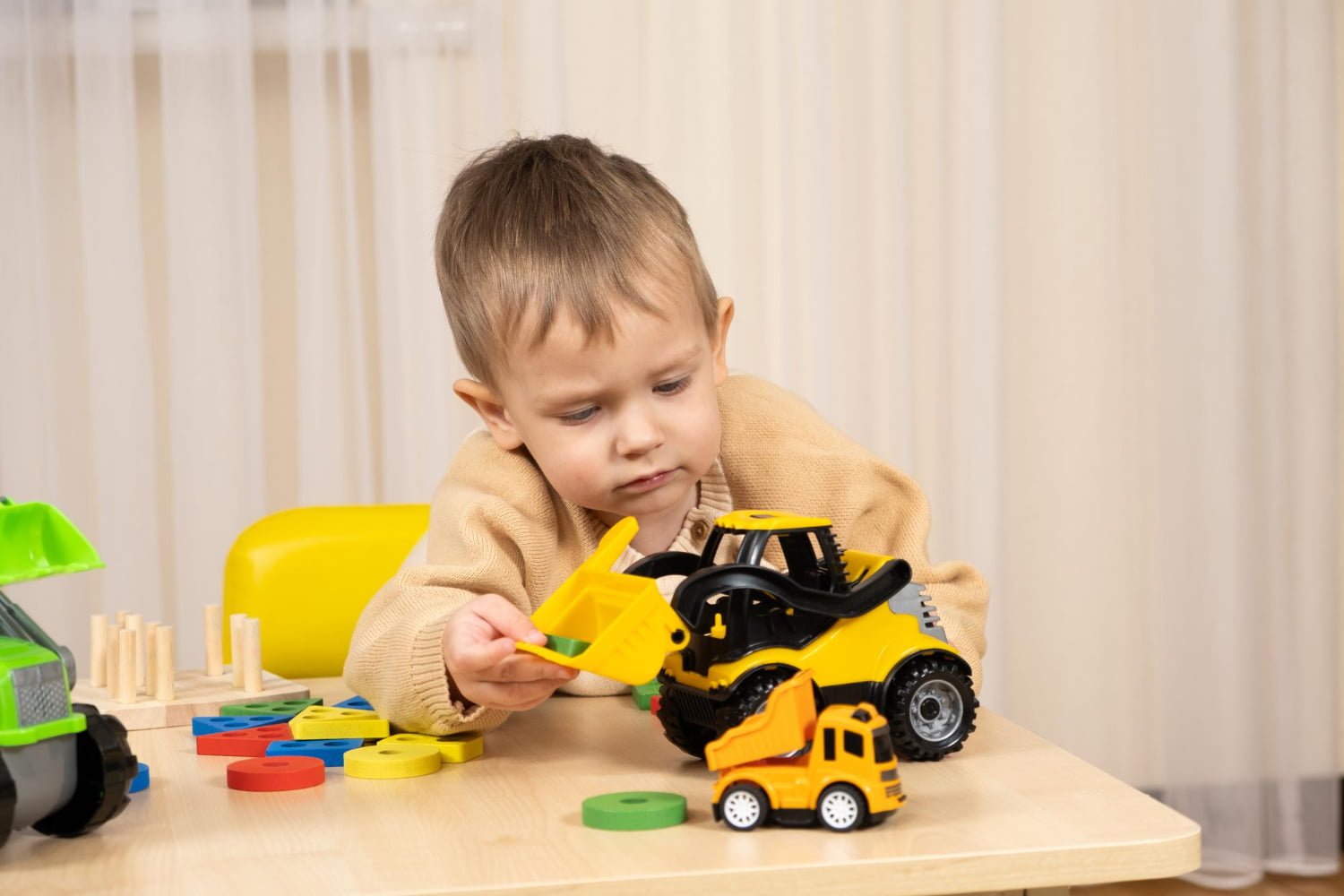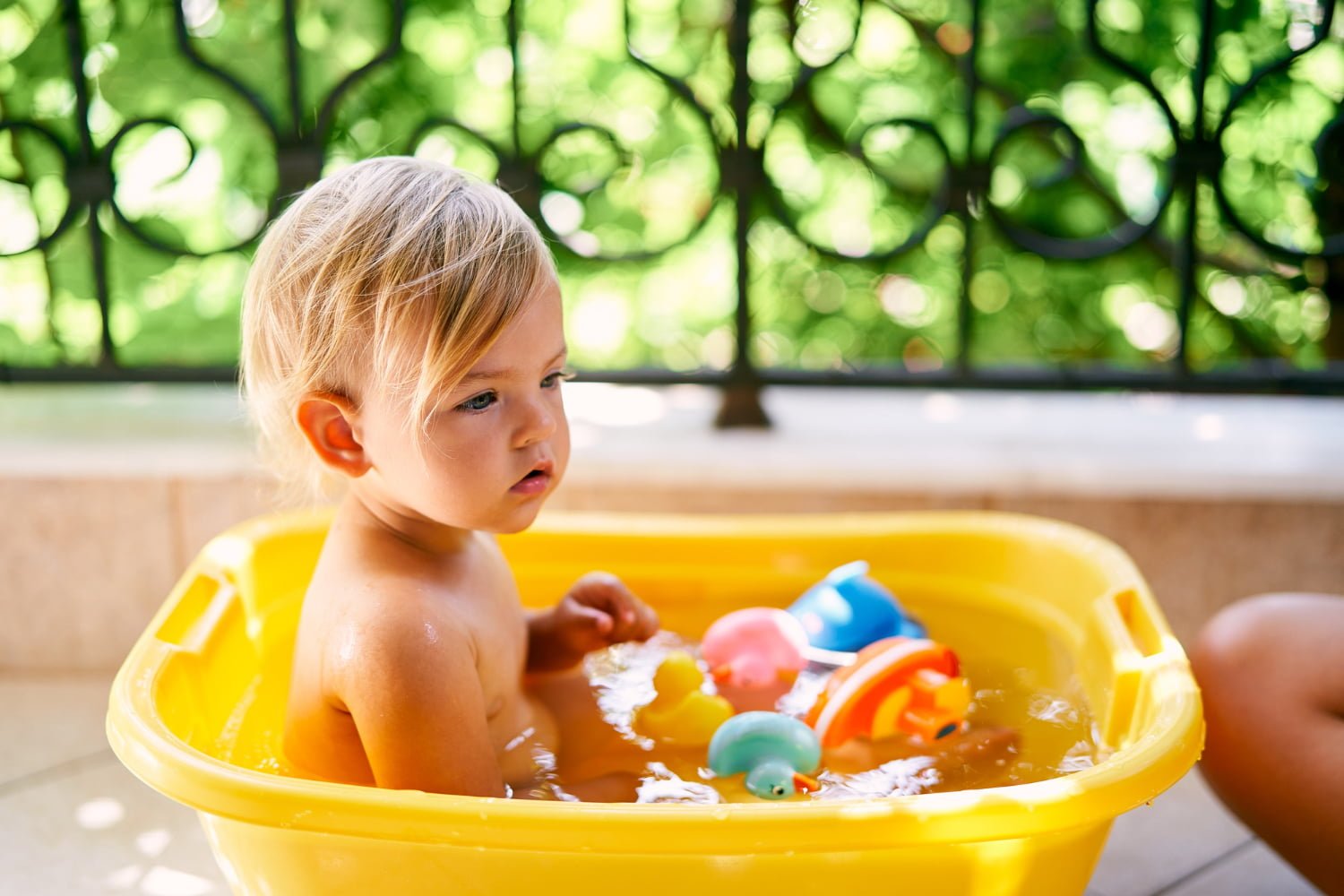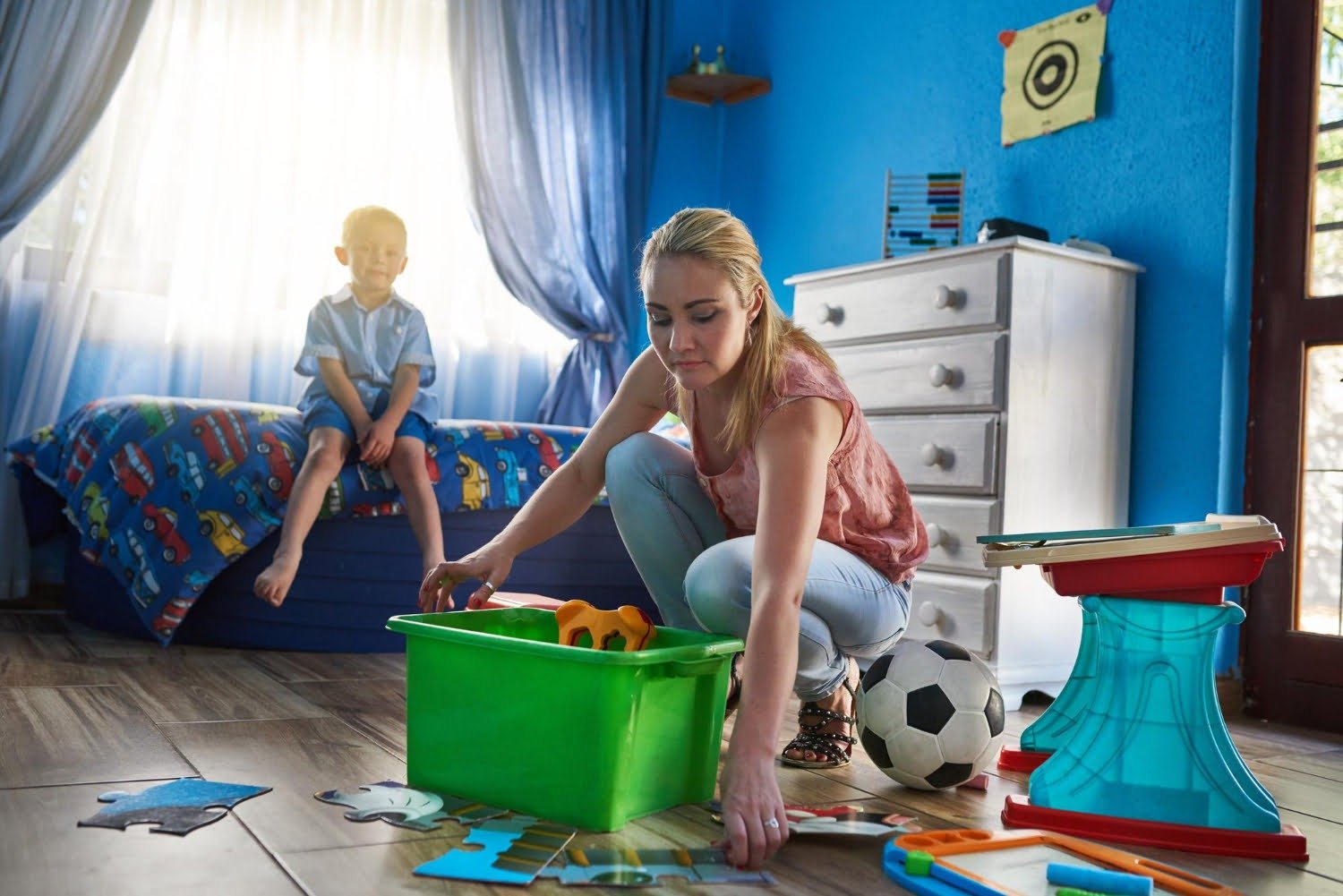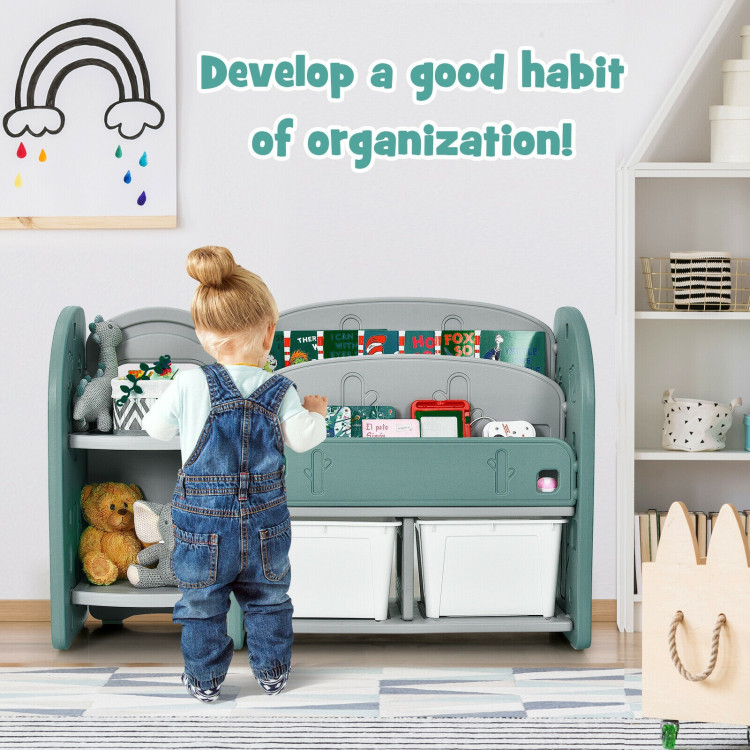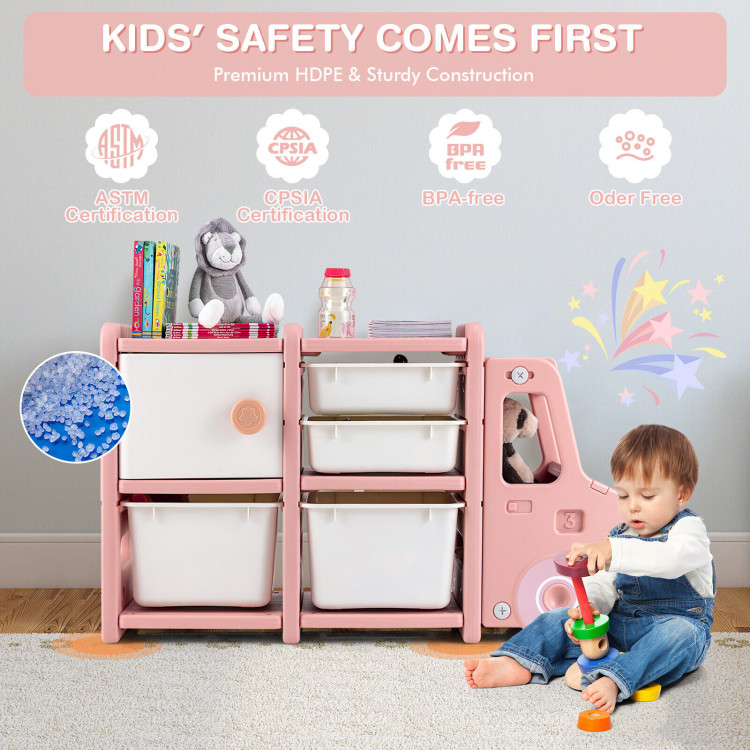Sharing is Caring: A Mom’s Guide to Raising Generous Kids (Without the Tears!)
Have you ever felt like a referee in a boxing match, except the boxers are toddlers fighting over a single, slightly drool-covered toy truck? Teaching kids to share can feel like a Herculean task. But trust me, mama, it doesn’t have to be a constant battle of wills and snatched toys. I’ve been there, wrestled with the tiny tyrants, and lived to tell the tale (with a few more grey hairs, perhaps!). So please grab a cup of coffee because I’m about to share the secrets of raising little humans who want to share (most of the time, anyway!).
Why Sharing Matters: More Than Just Playing Nice
Sometimes, letting our little ones hoard all the toys is tempting. After all, who has the energy for another meltdown? But sharing isn’t just about keeping the peace (though that’s a definite bonus!). It’s the foundation for building those essential life skills that’ll turn our kids into extraordinary adults. Think about it:
- Friendships blossom with sharing: Sharing teaches kids to consider others, making them much more likely to build strong, healthy friendships. Who doesn’t want their child to be the one everyone wants to play with?
- Empathy takes root: When kids share, they understand how others feel. They learn that giving something up can make someone else happy. And that, my friend, is a beautiful thing.
- Conflict resolution becomes a breeze: Sharing inevitably leads to disagreements, but it also provides the perfect opportunity to teach kids how to solve problems peacefully. Negotiation, compromise, and finding win-win solutions – these are skills that will serve them well throughout life.
- The world becomes a kinder place: Sharing isn’t just about toys. It’s about generosity, kindness, and understanding that there’s enough to go around. And don’t we all need more of that in the world?
But here’s the kicker: we can’t expect our tiny humans to grasp all this overnight. Like learning to walk or talk, sharing is a journey with different stages.
- Toddlers (1-3 years): “Mine! Mine! Mine!” Let’s face it: Toddlers are basically tiny dictators ruling their toy kingdoms. They’re still figuring out that other people exist and have feelings, too. This is the age of parallel play and turn-taking. Think of it as “sharing lite.”
- Preschoolers (3-5 years): “Fair is Fair (Sometimes)” Preschoolers are starting to understand fairness. They can grasp the idea of sharing, especially with encouragement and positive reinforcement. They’re like little sponges, soaking up everything they see and hear, so modelling sharing behaviour is critical.
- Early Elementary (5-7 years): “Let’s Make a Deal!” By this age, kids are ready for more complex social interactions. They can negotiate, compromise, and even understand the concept of sharing something they don’t want to. They’re tiny lawyers in the making!
Taming the Tiny Tyrants: Strategies for Toddlers (1-3 years)
Remember those “terrible twos”? This is a phase when toddlers are learning to assert their independence and are often possessive about their belongings. Sharing isn’t precisely a toddler’s strong suit during this time. But don’t despair, mama! There are ways to plant the seeds of generosity in those little hearts.
- Be the sharing superhero: Kids learn by watching us. So, let them see you sharing your cookies, favourite book, or even the TV remote (gasp!). Make a big deal: “Look, I’m sharing my cookie with you because I love you!” For instance, offering to share a piece of your fruit with your child when you’re having a snack. This simple act can demonstrate the joy of sharing and encourage your child to do the same.
- Turn-taking is the game’s name: Forget about expecting a full-blown sharing session. Instead, focus on turn-taking. “You have the truck for two minutes, then it’s my turn.” Use a timer to make it fun and fair. And yes, you need to be the timer police for a while.
- Parallel play: Sharing without the stress: Encourage your toddler to play alongside other kids, even if they’re not directly sharing toys. This helps them get comfortable around others and see that everyone can have fun, even with different toys.
- Less is more: Too many choices can overwhelm a toddler and make them more possessive. Keep the toy selection small and rotate them regularly to keep things fresh and exciting.
- Catch them being good: Witnessing your toddler’s first act of sharing can be heartwarming. Praise them every time they show even a glimmer of sharing! “Wow, you let your friend play with your car! That was so kind!” Positive reinforcement works wonders, even with the most stubborn toddlers, and it’s a testament to your effective parenting.
Preschool Power Plays: Strategies for Preschoolers (3-5 years)
Preschoolers are a whole new ball game. They’re starting to grasp social rules but still need plenty of guidance and support. Here’s how to navigate the sharing minefield with your preschooler:
- Sharing = Happy Friends: Explain to your preschooler how sharing makes others feel. “When you share your toys, your friends feel happy and loved. And when you share with them, they’ll want to share with you, too!”
- Storytime = Sharing Time: Books are a fantastic way to teach kids about sharing. My favourites include “The Rainbow Fish” by Marcus Pfister and “Llama Llama Time to Share” by Anna Dewdney. These stories bring the concept of sharing to life in a way that preschoolers can understand.
- Turn Conflicts into Teachable Moments: Disagreements over toys are inevitable. Instead of jumping in and solving the problem, encourage your preschooler to find solutions. “Can you think of a way to share the blocks with your friend?” This helps them develop problem-solving skills and learn to compromise.
- Walk in Someone Else’s Shoes: Encourage empathy by asking questions like, “How do you think your friend feels when you don’t share?” or “Imagine if someone took your favourite toy away. How would that make you feel?” This approach fosters a sense of compassion and understanding in your child, making you feel proud of their emotional growth.
- Negotiation 101: Introduce the idea of trading toys or finding ways to play with the same toy. For example, you can trade your car for your friend’s train or build a tower with the blocks.
Elementary Experts: Strategies for Early Elementary (5-7 years)
By the time they reach elementary school, kids are becoming sharing pros (well, sort of!). They understand fairness, can take turns, and are starting to grasp the importance of compromise. But they still need our guidance to navigate the complexities of sharing in different situations.
- Teamwork Makes the Dream Work: Engage your child in games and activities that require cooperation and sharing. Think board games, building projects, or even cooking together. These activities teach them the value of working together and sharing resources to achieve a common goal.
- Lay Down the Law (Nicely): Establish clear rules and expectations for sharing at home and in other settings. “When we have friends over, we share our toys.” “At school, we take turns using the crayons.” Consistency is key!
- Conflict Resolution Bootcamp: Teach your child specific strategies for resolving disagreements peacefully. “Use your words to explain how you feel.” “Take turns listening to each other.” “Try to find a solution that makes everyone happy.”
- Perspective-Taking Pro: Encourage your child to consider the feelings and needs of others. “How do you think your friend feels when you don’t include them in the game?” “Imagine if you were in their shoes. What would you want?”
- Act it Out: Role-playing is a fun and effective way to practice sharing and problem-solving. Create different scenarios and let your child act out various roles. This helps them develop empathy and learn how to handle challenging situations.
Navigating the Sharing Struggles: Overcoming Challenges and Fostering a Sharing Mindset
Even with the best strategies, there will be bumps in the road. Here’s how to handle those tricky situations and foster a long-lasting sharing mindset:
- Acknowledge the Feels: When your child struggles to share, acknowledge their feelings. “I know it’s hard to share your favourite toy. It’s okay to feel sad or angry.” This helps them feel understood and validated.
- “Mine” vs. “Ours”: Help your child understand the difference between personal belongings and shared things. “Your teddy bear is yours; you don’t have to share it if you don’t want to. But the toys in the living room are for everyone to play with.”
- Tantrum Tamer: Stay calm and provide comfort during a meltdown, but also set clear limits. “I know you’re upset, but hitting or screaming is not okay. We need to find a way to share the toy.”
- Generosity Beyond Toys: Encourage acts of kindness and giving beyond sharing toys. Help your child donate old toys or clothes, volunteer in the community, or simply offer a helping hand to someone in need. These experiences teach kids that sharing isn’t just about material things but about kindness and compassion.
- Building a Sharing Culture: Create a home environment where sharing is valued and practised. Have regular family game nights, encourage siblings to cooperate on projects, and talk openly about the importance of sharing. You can even create a “sharing jar” where everyone contributes small toys or treats to share with others.
Sharing Success Stories: Real-Life Examples and Expert Tips
Now, let’s get real. I know all this sounds great in theory, but how does it play out in the trenches of parenthood? Well, let me share a few anecdotes from my experience (and some expert tips I’ve picked up along the way).
- The “Mine!” Monster: My son, Liam, was a notorious toy hoarder. He’d cling to his favourite truck like it was a lifeline. But then I discovered the magic of distraction. Whenever a sharing conflict arose, I’d pull out a new, exciting toy or activity. “Liam, look! A dinosaur dig! Let’s see who can find the most bones!” Nine times out of ten, the truck was instantly forgotten.
- The Sibling Showdown: My daughters, Emma and Sophie, constantly bicker over toys. It was like a never-ending tug-of-war. Finally, I implemented a “sharing basket.” They’d choose a few unique toys in the basket each week. These toys were off-limits except during designated “sharing time.” This reduced conflicts and taught them to value and appreciate each other’s belongings.
- The Playdate Predicament: Playdates used to be a source of stress, with toys being snatched and tears flowing freely. Then, I started setting clear expectations beforehand. “When your friend comes over, we share our toys. If you don’t want to share something, put it away in your room before they arrive.” This simple strategy made a world of difference.
- Expert Tip: Did you know that children who learn to share are more likely to succeed academically? According to a study published in “Child Development,” sharing is linked to better problem-solving skills, social competence, and academic achievement. So, by teaching your child to share, you’re not just helping them make friends but also setting them up for success in school!
Sharing Through Stories: Books That Spark Generosity
Want to weave the magic of sharing into your child’s reading routine? These heartwarming books offer delightful stories and valuable lessons that will resonate with young hearts:
- The Giving Tree: This timeless classic by Shel Silverstein tells the poignant story of a tree who loves a boy unconditionally and gives him everything she has, even herself. It’s a beautiful (and sometimes tear-jerking!) exploration of selfless love and how we can provide for others.
- Stone Soup: This folktale, brought to life by Marcia Brown, cleverly shows how sharing even a little can create something incredible when everyone contributes. Three hungry soldiers trick a village into sharing their food by starting with a simple stone soup. It’s a delightful way to teach kids about cooperation, community, and the surprising abundance that can result from shared efforts.
- Swimmy: Leo Lionni’s captivating tale of a tiny fish who learns to overcome fear and explore the vast ocean with his friends is a testament to the power of collaboration. Swimmy teaches kids that they can achieve amazing things by sharing their unique abilities and working together.
- The Rainbow Fish: Marcus Pfister’s vibrant story about a fish with shimmering scales is a visual feast for young eyes. The Rainbow Fish learns a valuable lesson about the joy of sharing and the importance of friendship, discovering that true happiness comes from connecting with others.
- Have You Filled a Bucket Today?: Carol McCloud’s heartwarming book introduces the concept of “bucket filling” – performing acts of kindness and sharing to make others feel good. It’s a practical and engaging way to teach children about emotional intelligence and the positive ripple effect of sharing kindness.
These books offer diverse perspectives on sharing, from selfless giving and collaborative efforts to the simple joy of making someone’s day. They provide valuable conversation starters and can help children understand the many facets of sharing in a fun and engaging way. So snuggle up with your little one, get lost in these beautiful stories, and watch the seeds of generosity blossom!
Sharing and Caring: A Final Thought
I’m glad we made it, mama. We’ve been through the wild world of teaching kids to share, from tentative “mine!” moments to triumphant cooperative play moments. Look at your children, growing into kind, generous individuals who recognize that sharing isn’t just about toys; it’s about building friendships, spreading joy, and improving our world.
There will still be bumps along the way. Sharing is a journey, not a destination, but with these strategies and a bit of mama magic, you’ll be able to coach your little ones through this incredible journey.
I hope you will embrace the chaos, celebrate the small victories, and keep in mind that every shared smile, every act of kindness, is an expression of your love and guidance. It is not just about raising kids who share; it is about raising kids who care.
FAQs
It’s so common for little ones to become attached to their toys. Think of it like this: these toys are their best buddies, their security blankets. Introduce the concept of turn-taking instead of forcing them to share. You can make it fun using a timer or singing silly songs. Don’t forget to praise them when they share, even briefly.
It’s the classic struggle between siblings! Establish ground rules about sharing and try a “sharing basket,” where they can contribute unique toys to share playtime. Please encourage them to speak up and find a solution when things get heated. You might have to meditate with them initially, but they’ll soon get used to it.
I feel you! Playdates can be a minefield. The key is preparation. Before your child’s friend comes over, talk about sharing expectations. Please encourage them to choose a few toys to share and put away anything super special. During the playdate, keep a close eye and gently redirect any potential conflicts. And remember, a little bit of chaos is standard!
It’s fantastic that you’re thinking about this! But forcing kids to share everything can backfire. They need to learn to respect their belongings and have some control. Instead, focus on sharing communal toys and encourage generosity in other ways, like helping with chores or sharing snacks.
If your child consistently struggles with sharing, shows aggression, or seems overly possessive even after trying different strategies, it might be helpful to chat with a paediatrician or child development specialist. They can offer personalized advice and support to help your little one thrive.
Related Posts








